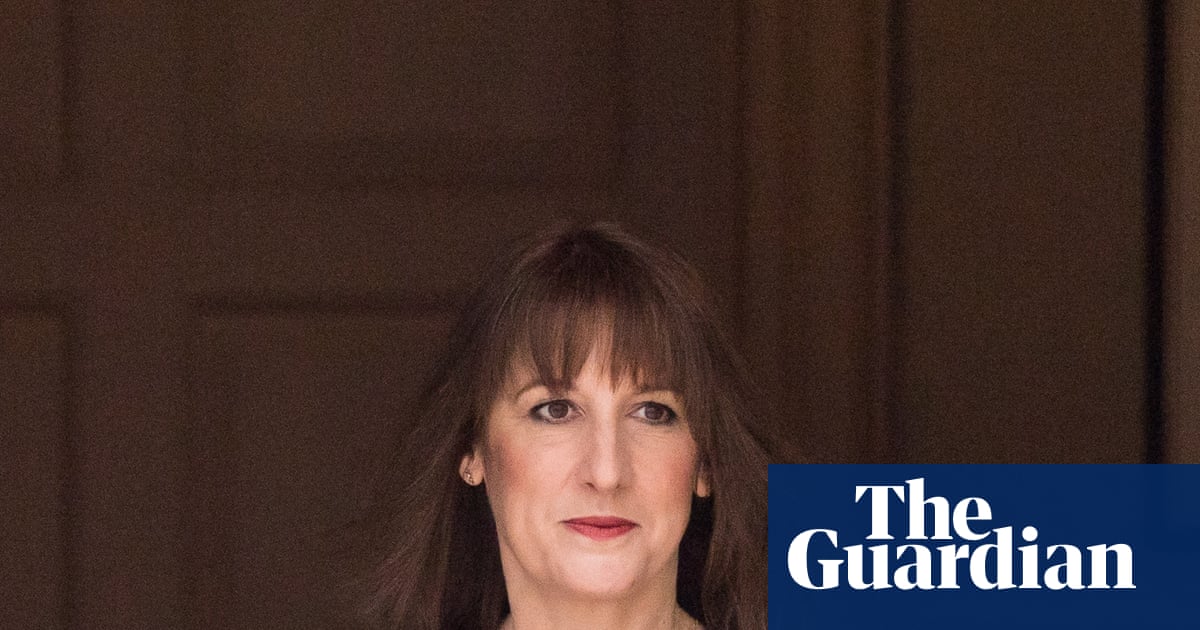
"Reeves is expected to have to find 10bn to 30bn in annual tax increases or spending cuts to remain on track to meet her fiscal rules, after the Office for Budget Responsibility (OBR) downgraded its projections for growth. Dromey describes extending the threshold freeze as an effective and progressive way to raise over half the funding that she needs, with most coming from wealthier households, and with relatively little political risk."
"Starting in 2022 as the UK recovered from the costs of the Covid pandemic, Rishi Sunak froze the thresholds at which workers move into a higher income tax band instead of increasing them each year in line with inflation. Jeremy Hunt as chancellor extended that pause but it is set to end in 2027/28. Over that time, the OBR estimates that the freeze will have brought in an additional 45bn a year."
Extending the freeze on income tax thresholds by two years would raise about £12bn for the next budget and could supply over half the revenue needed to address downgraded growth forecasts. The chancellor faces a requirement to find £10–30bn in annual tax increases or spending cuts to meet fiscal rules after an OBR downgrade. The freeze began in 2022 and, extended through successive chancellors, is due to end in 2027/28; the OBR estimates it has increased receipts by around £45bn a year. Modelling indicates roughly 49% of additional revenue would come from the highest-earning fifth, while the policy would expand the 40% tax band and attract political controversy for reducing working households' pay.
Read at www.theguardian.com
Unable to calculate read time
Collection
[
|
...
]